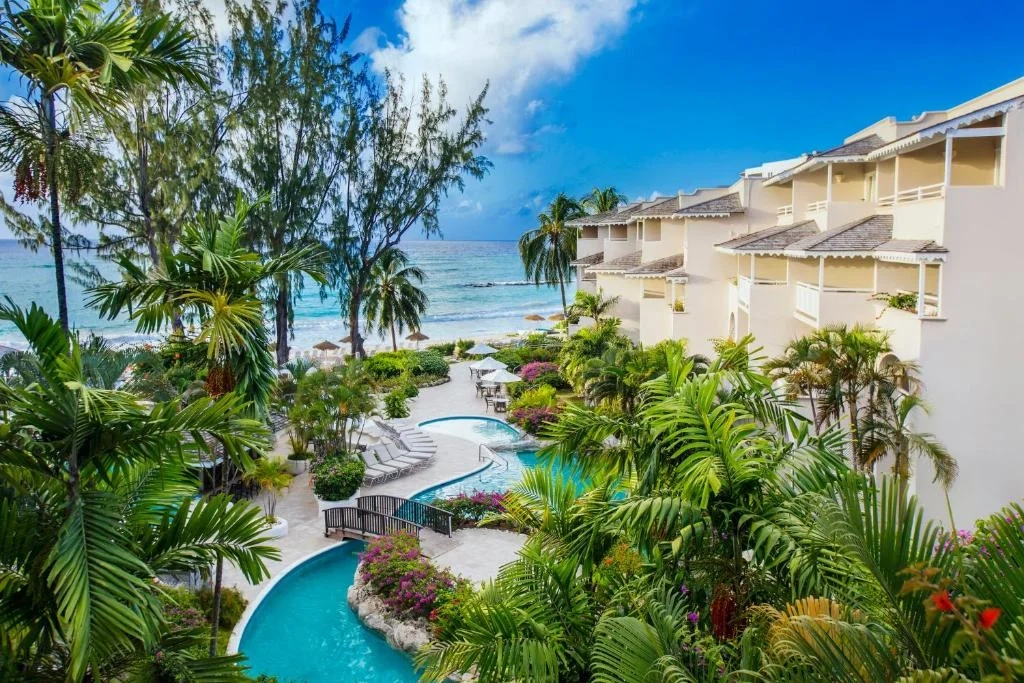1. Cost of Rent: Rent in Barbados can vary widely depending on the location and type of accommodation. On average, you may expect to pay between BBD 1,000 to BBD 3,000 per month for a one-bedroom apartment in urban areas.
2. Healthcare: Barbados offers a high standard of healthcare services, but medical expenses can be relatively high. Access to healthcare depends on your immigration status and whether you have private health insurance.
3. Transport: Barbados has a public bus system, taxis, and rental cars for transportation. Public buses are relatively affordable, but owning a car can be costly due to high gasoline prices and import duties.
4. Food: The cost of groceries and dining out can vary. Buying local and seasonal produce can help lower food expenses, while dining at restaurants can range from moderate to high prices.
The average cost of living in Barbados can vary depending on your lifestyle, accommodation, and spending habits, but as a rough estimate, it may be around $1,500 to $2,500 per month for a single person.
Pros of Living in Barbados:
- Beautiful Beaches: Barbados boasts some of the world's most stunning beaches with crystal-clear waters and white sands, offering residents and visitors picturesque coastal escapes.
- Warm Climate: The tropical climate provides year-round warmth and sunshine, making outdoor activities and a relaxed lifestyle enjoyable.
- Stable Economy: Barbados has a stable economy with a well-developed financial sector and a strong focus on tourism and international business.
- Cultural Richness: The island has a vibrant culture, including music, dance, and festivals, making it a culturally rich and diverse place to live.
- English Language: English is the official language, simplifying communication for English-speaking immigrants.
Cons of Living in Barbados:
- Cost of Living: The cost of living can be relatively high, particularly for housing, imported goods, and some services.
- Hurricane Risk: Barbados is in the hurricane-prone zone, so residents must be prepared for the potential impact of hurricanes during the hurricane season.
- Traffic Congestion: Traffic congestion can be a challenge in some urban areas, particularly during rush hours.
- Import Duties: The country relies on imports, and import duties can make some goods and products more expensive.
1. Bridgetown: As the capital city, Bridgetown offers various amenities, including government offices, shopping, and cultural attractions. It's a hub for economic and administrative activities.
2. Holetown: Located on the west coast, Holetown is known for its upscale residential areas, shopping centers, and beautiful beaches.
3. St. Lawrence Gap: Along the south coast, St. Lawrence Gap offers a mix of residential areas and tourist amenities, including restaurants and nightlife.
4. Warrens: An emerging commercial and residential area on the outskirts of Bridgetown, Warrens is known for its convenience and modern infrastructure.
- Research and Understand Immigration Requirements: Before you make any plans, research the specific immigration requirements and visa options for Barbados. Ensure that you meet the criteria for your intended type of visa or residency permit.
- Healthcare and Insurance: Ensure you have appropriate health insurance coverage while in Barbados. Familiarize yourself with the local healthcare system and facilities.
- Financial Planning: Understand the cost of living in Barbados and create a budget that considers housing, transportation, food, and other expenses. Ensure you have access to sufficient funds to support your lifestyle.
- Cultural Awareness: Learn about the local culture, customs, and etiquette to help you integrate and build positive relationships with Barbadian residents.






